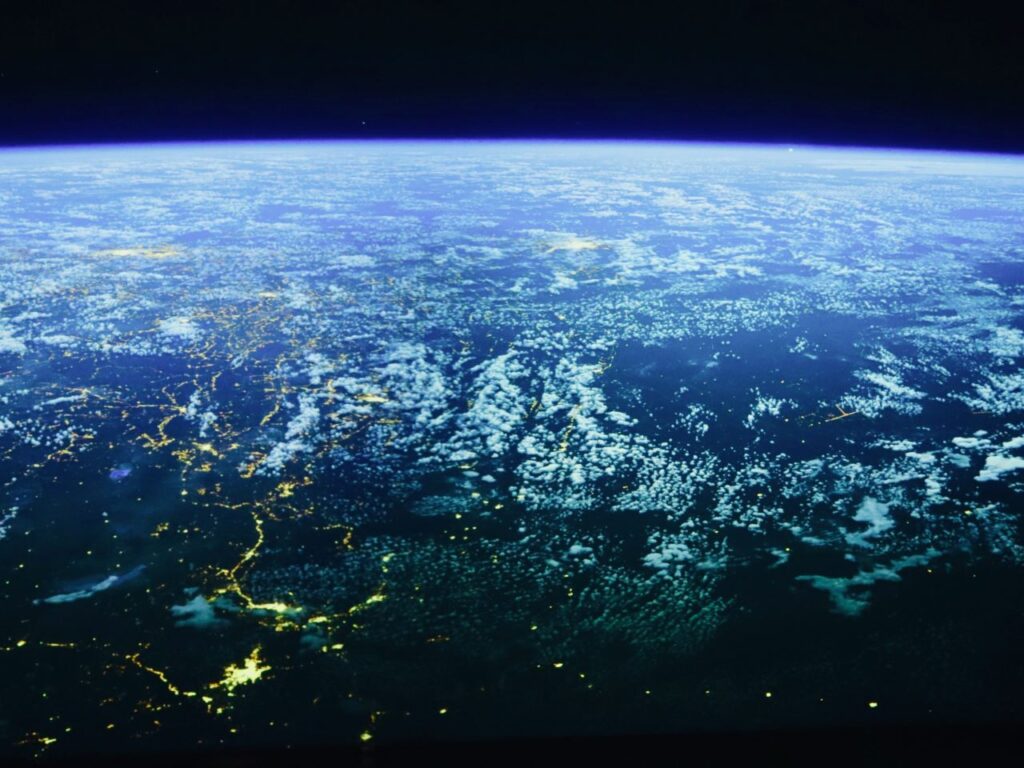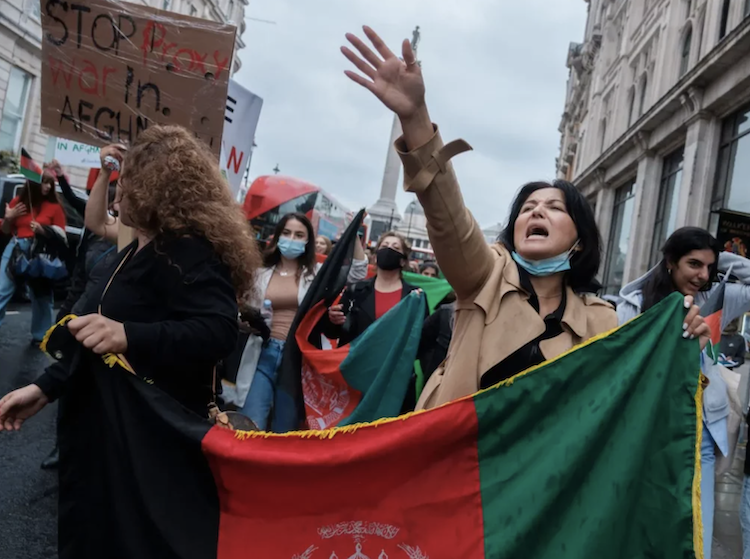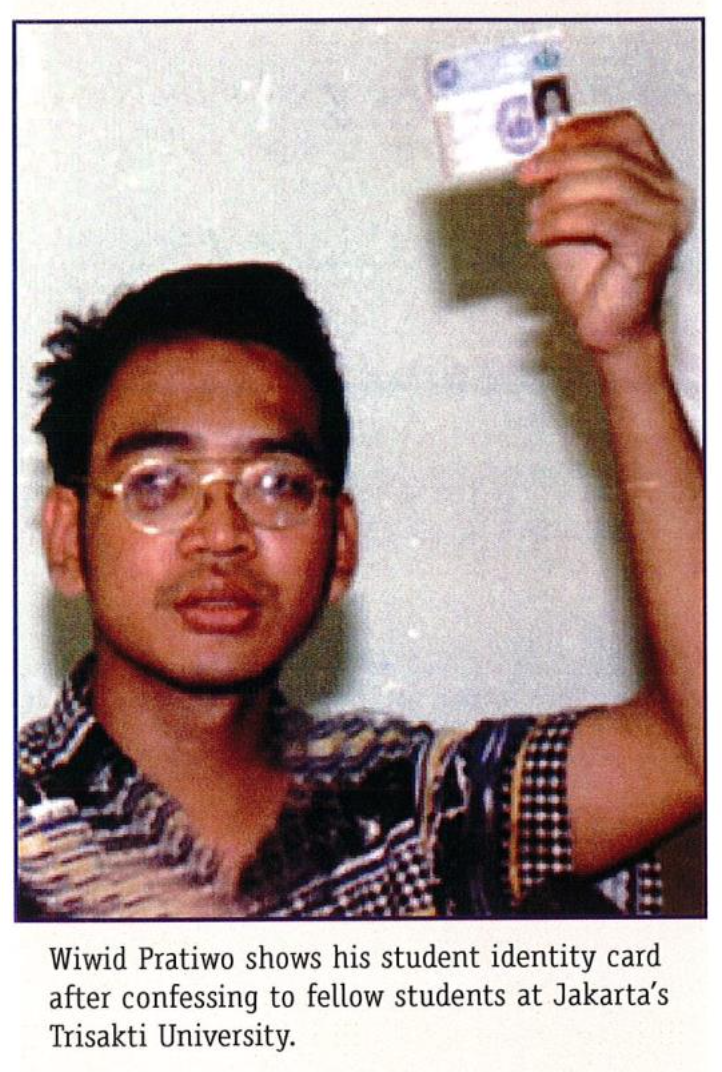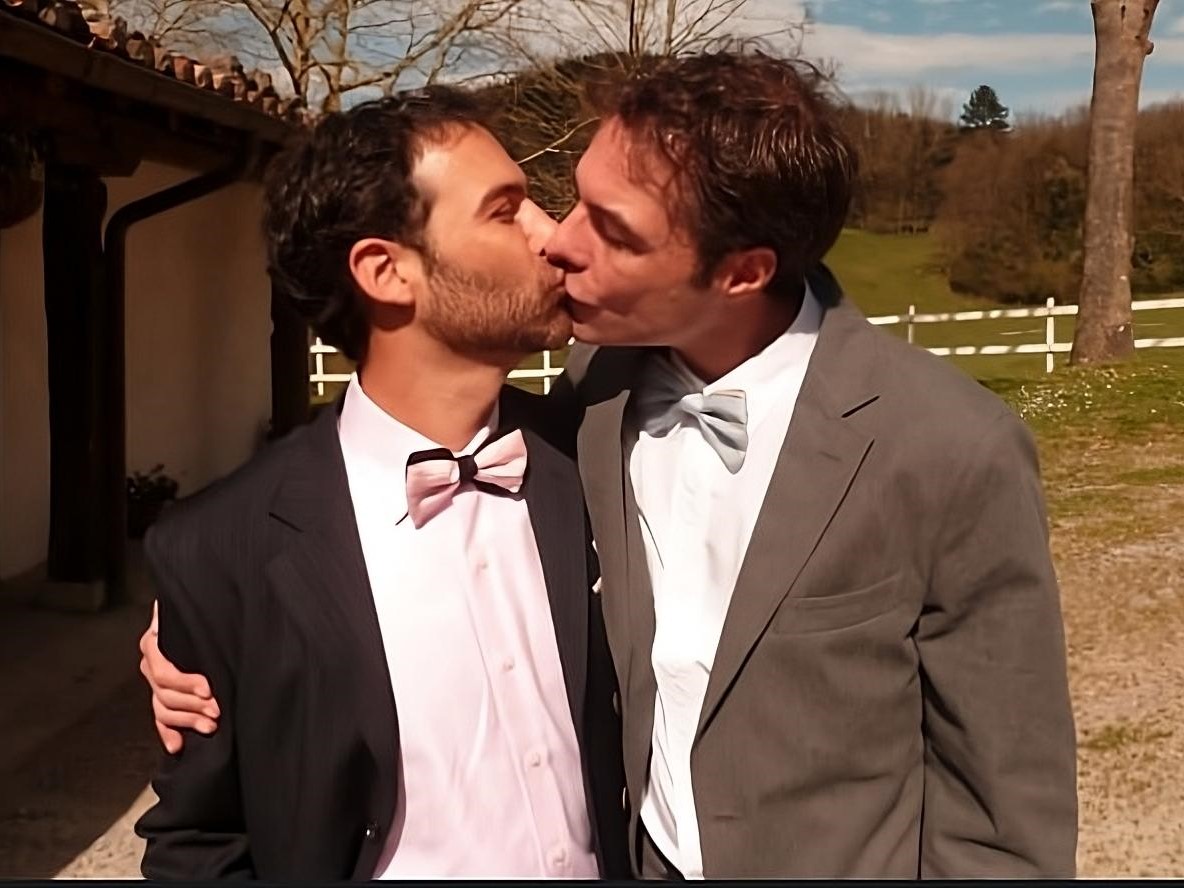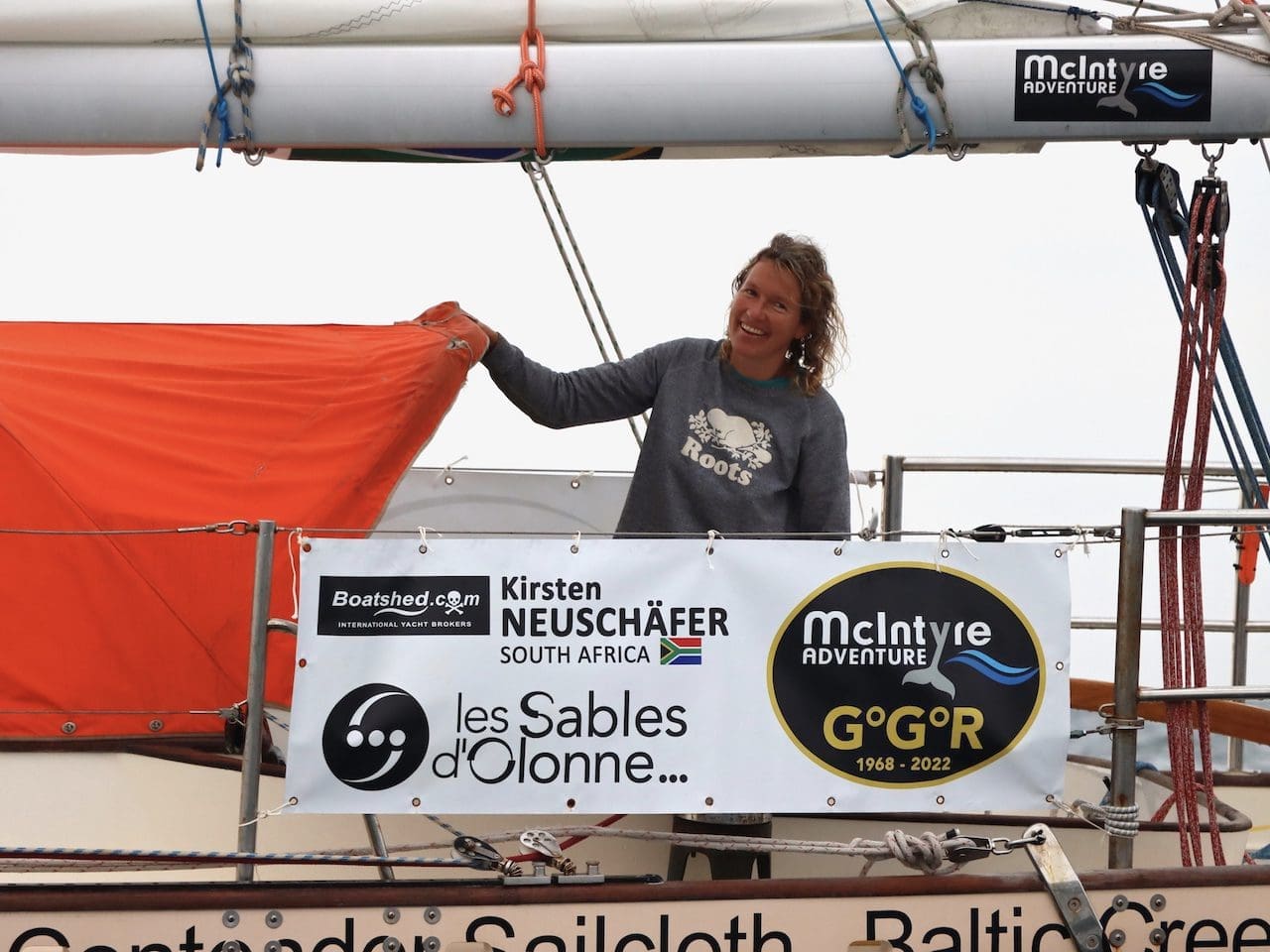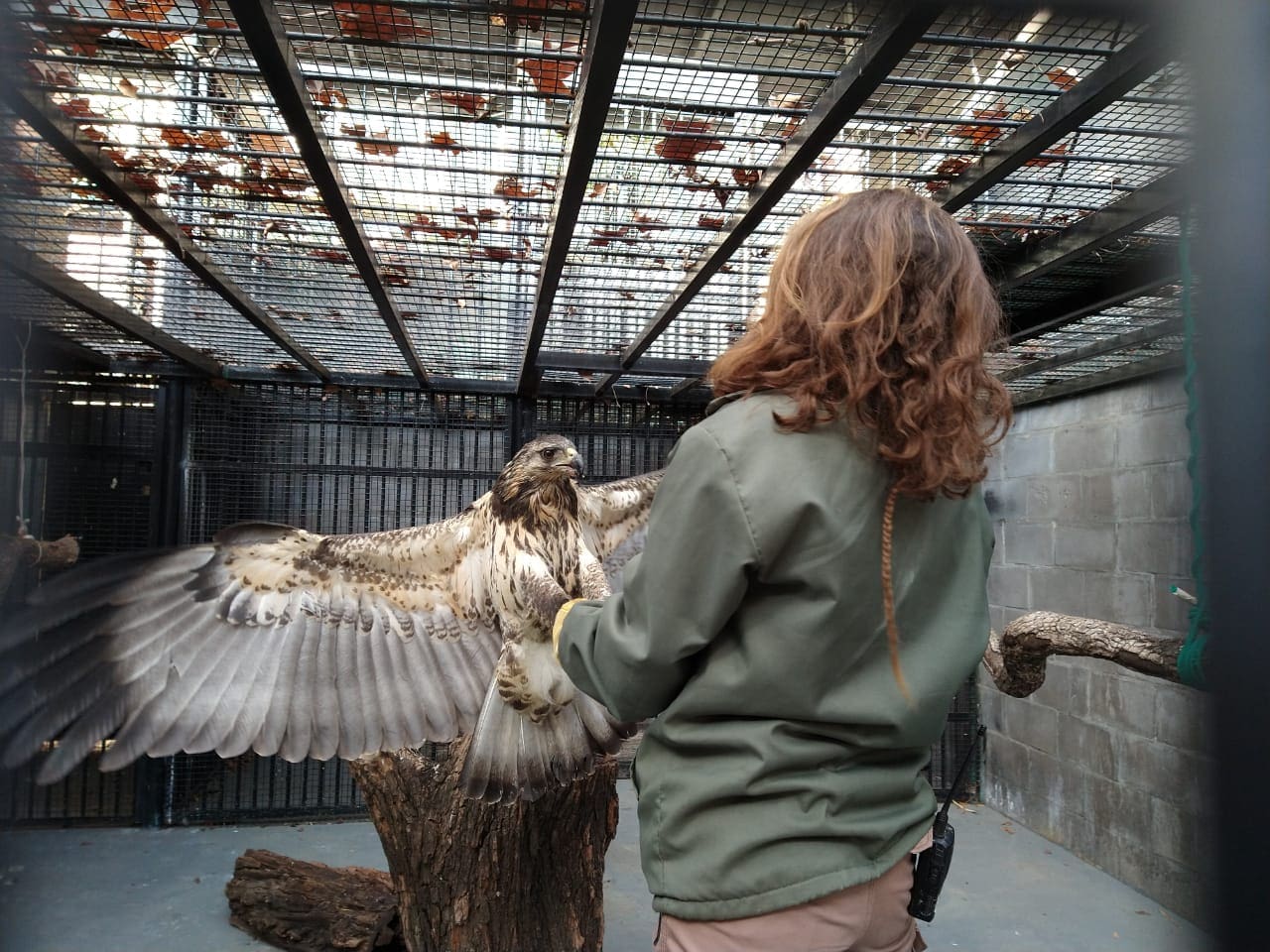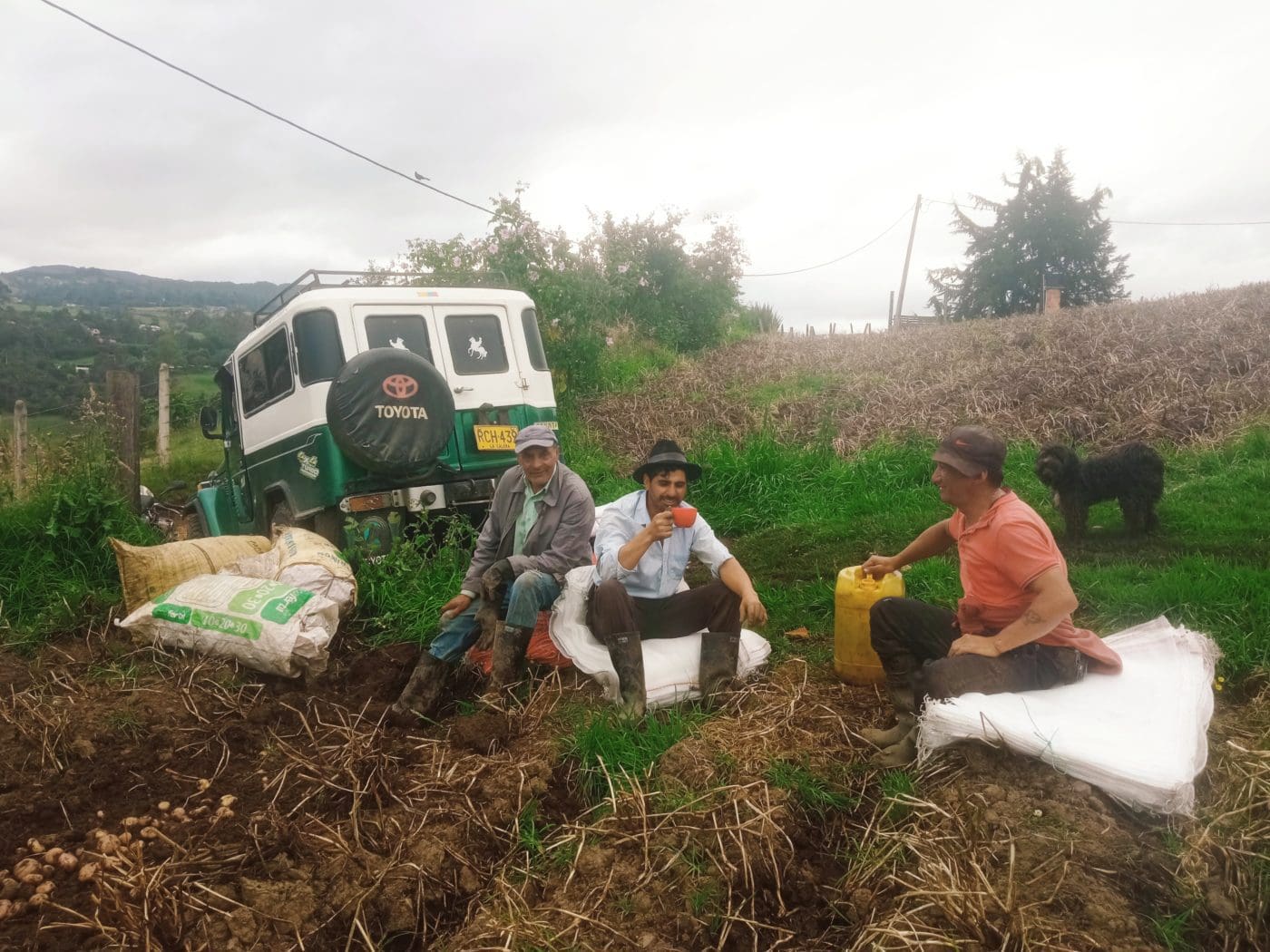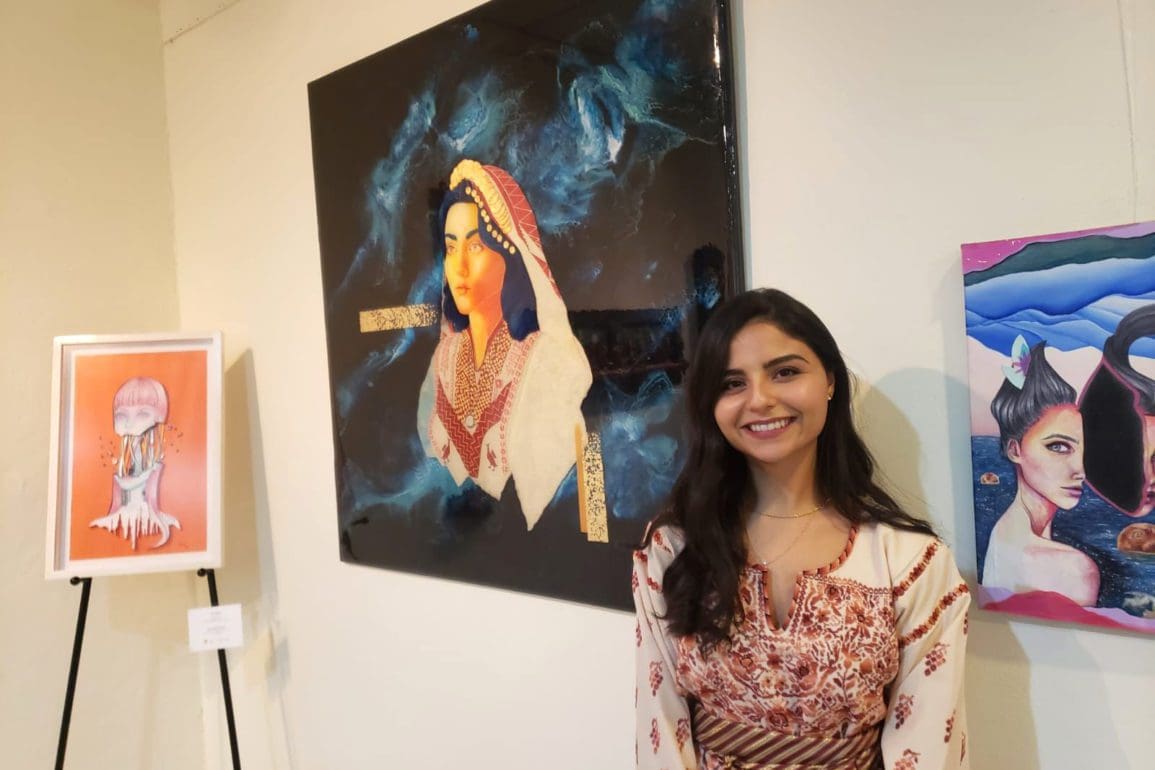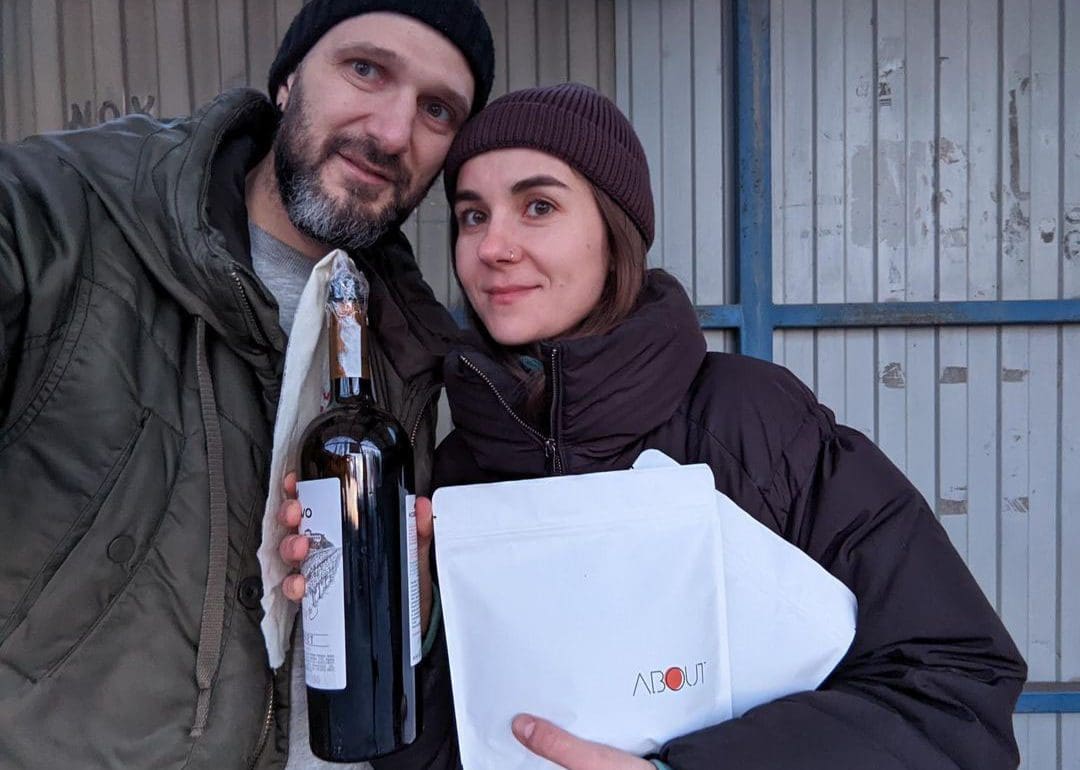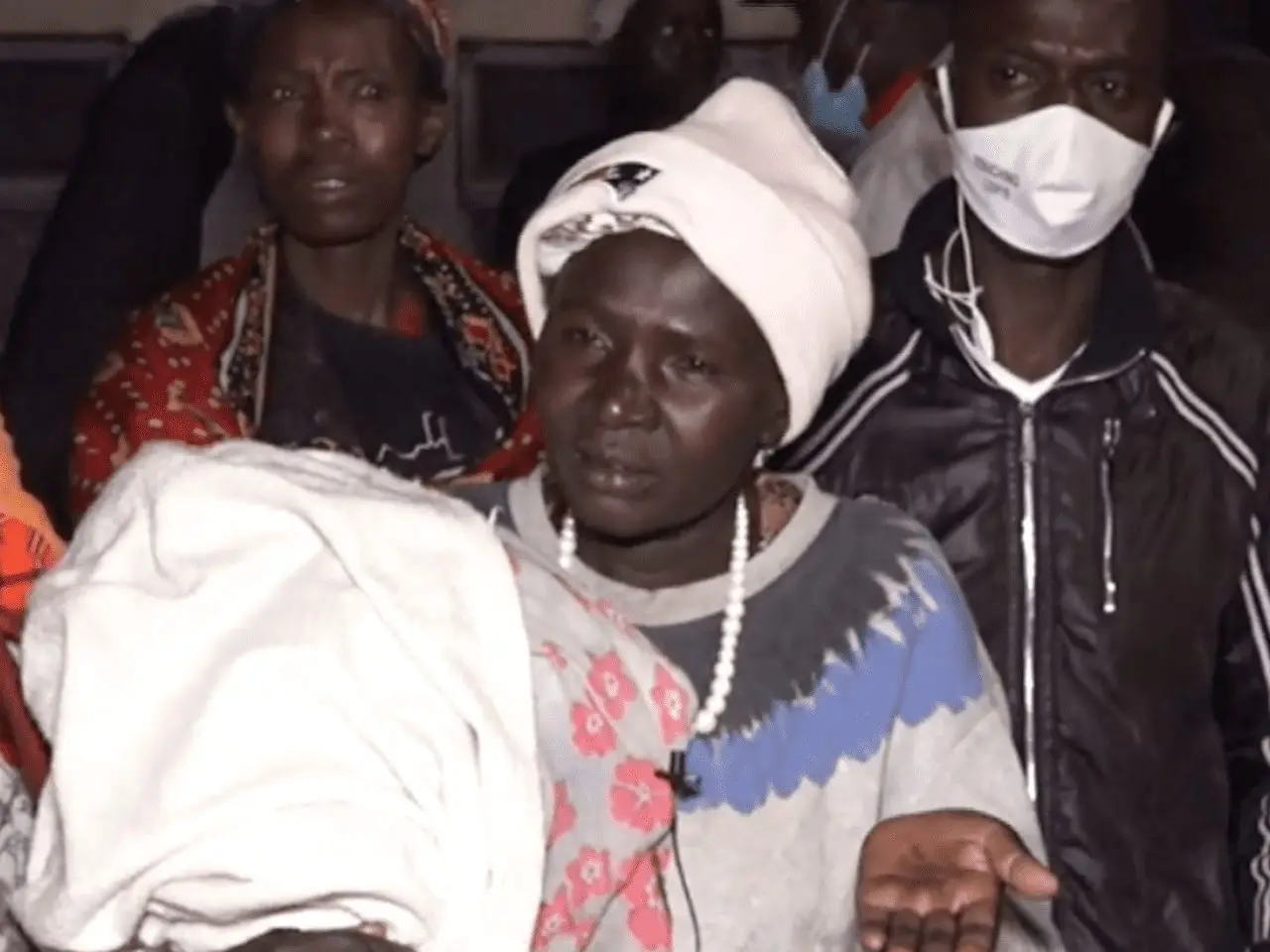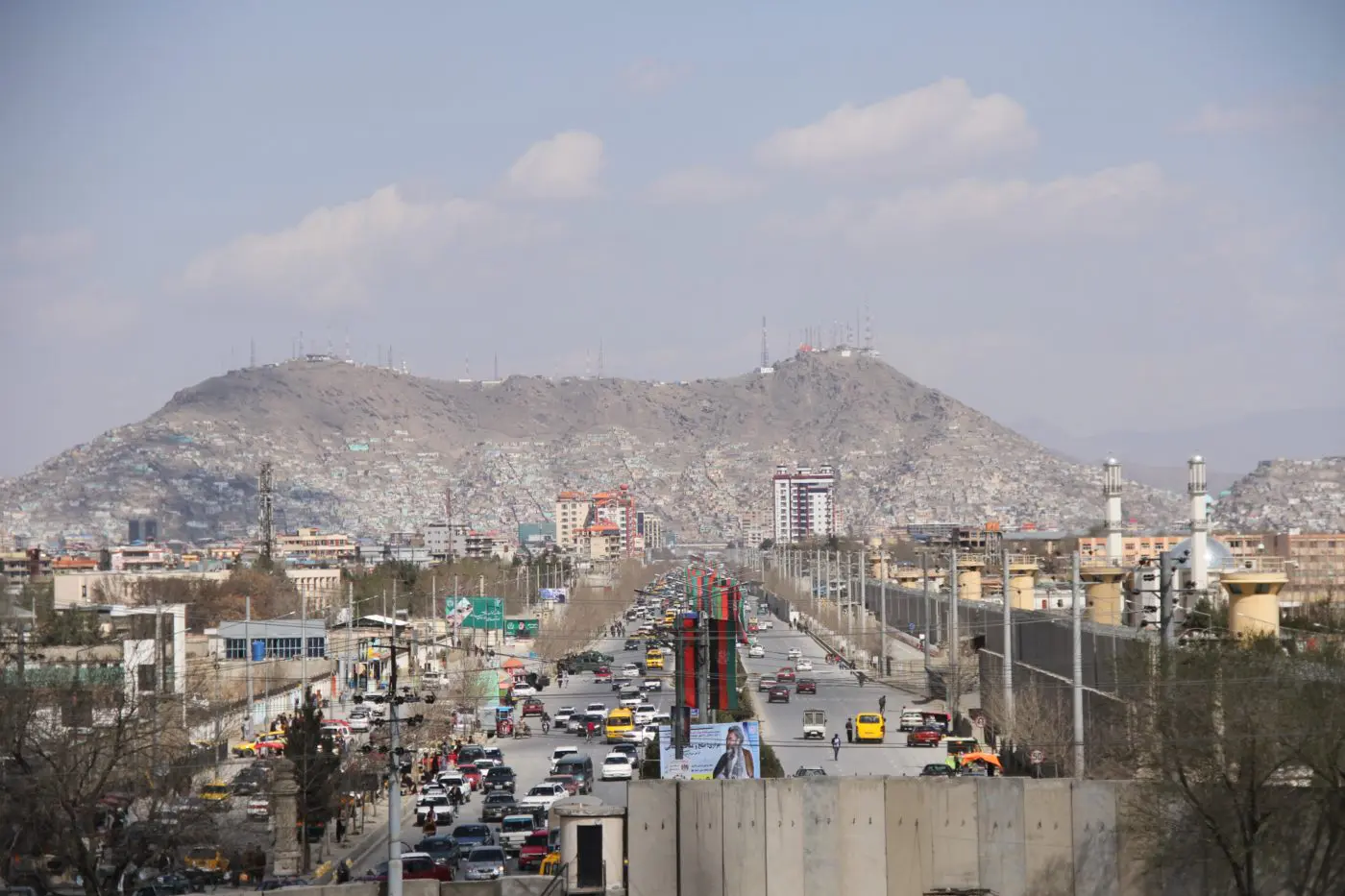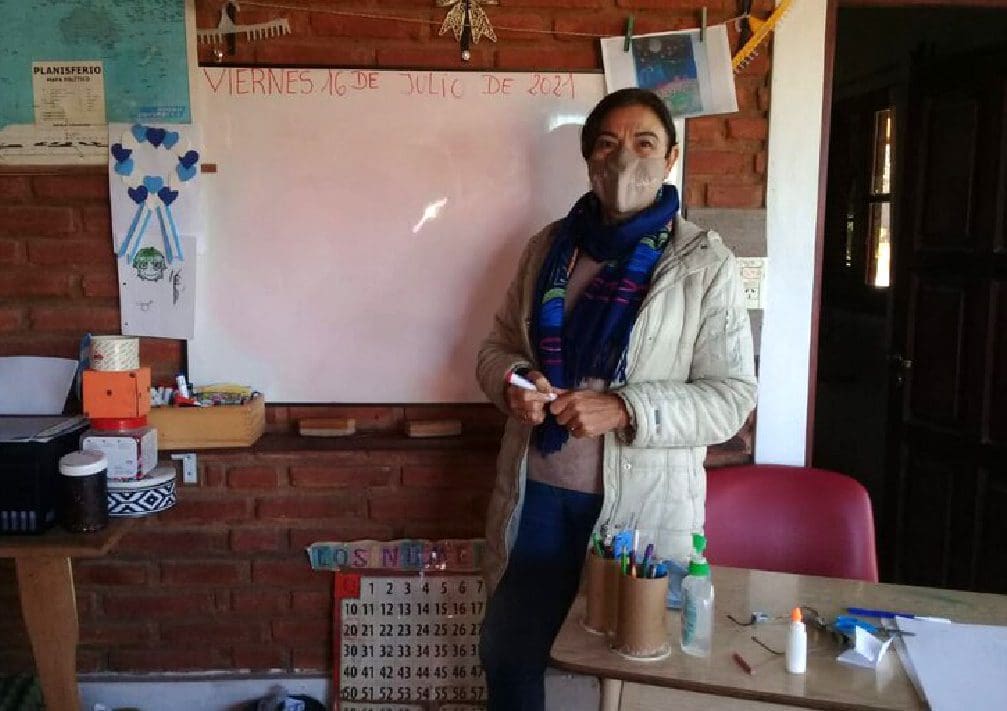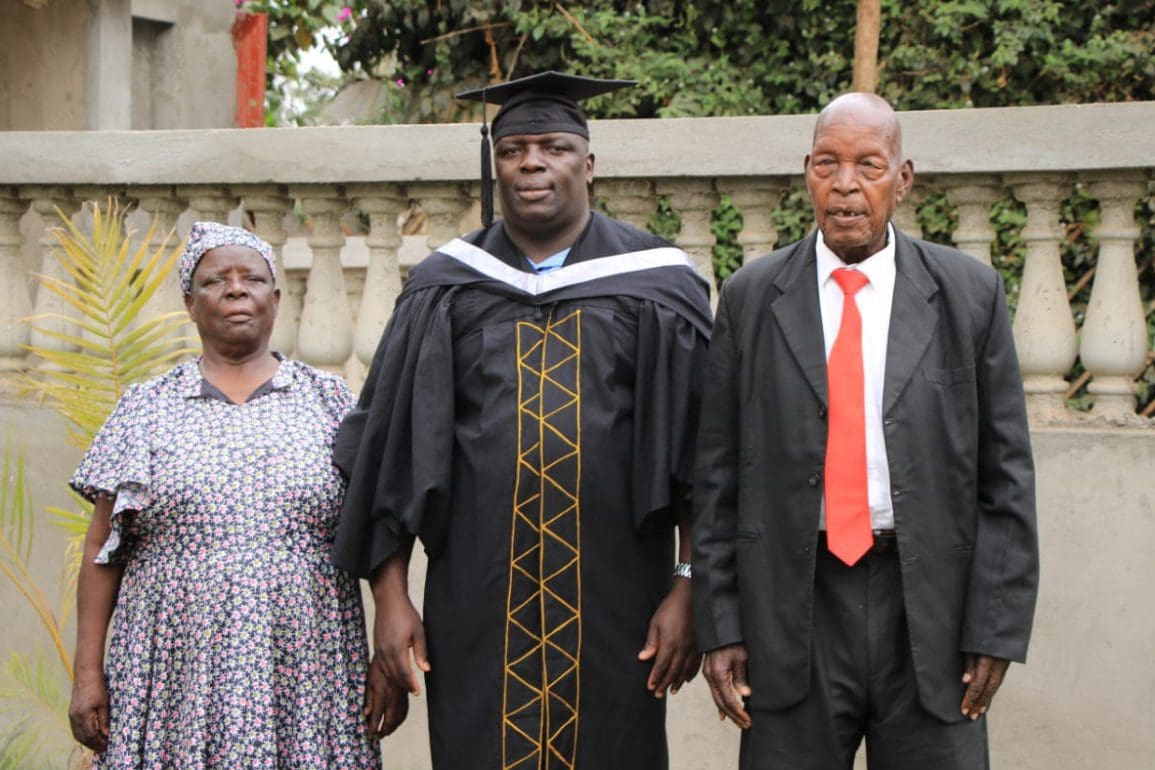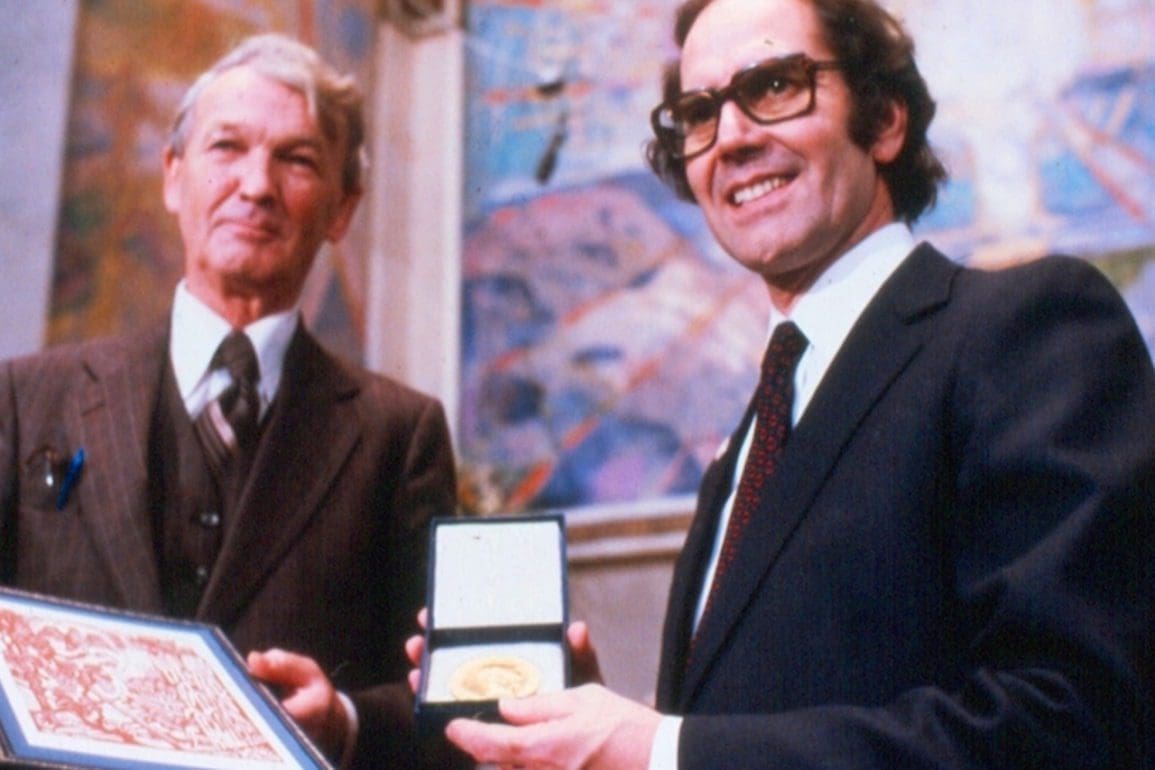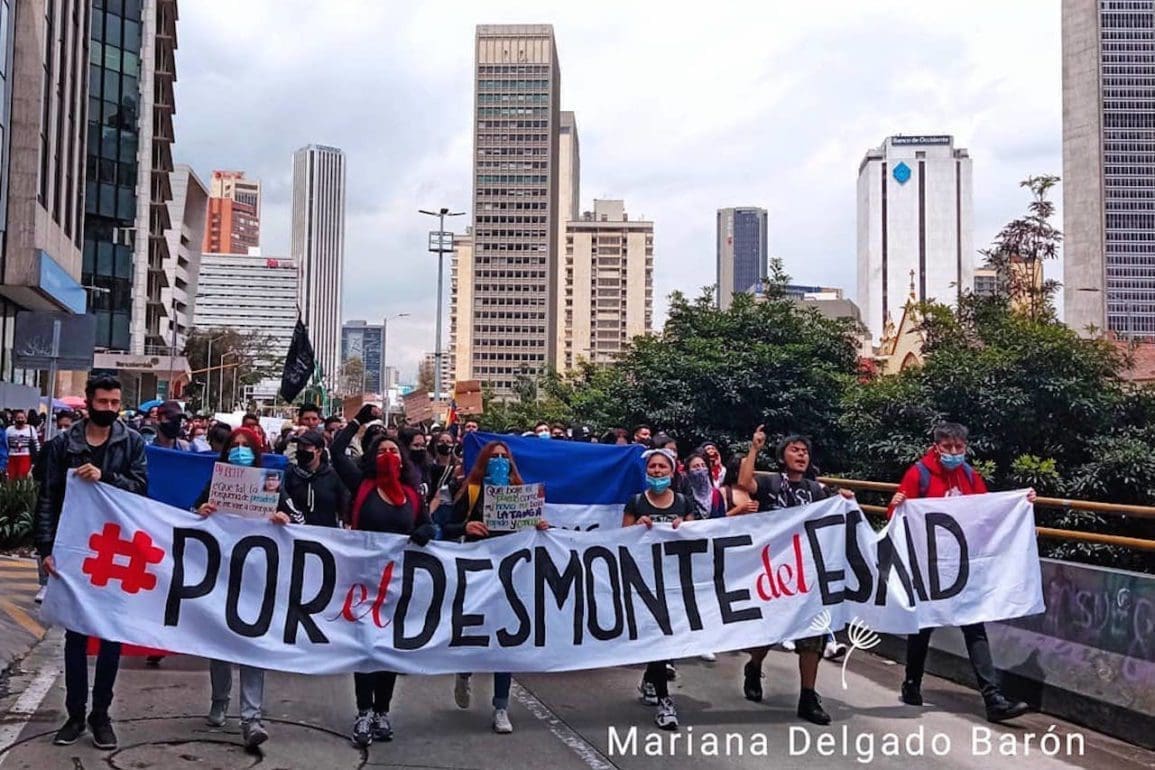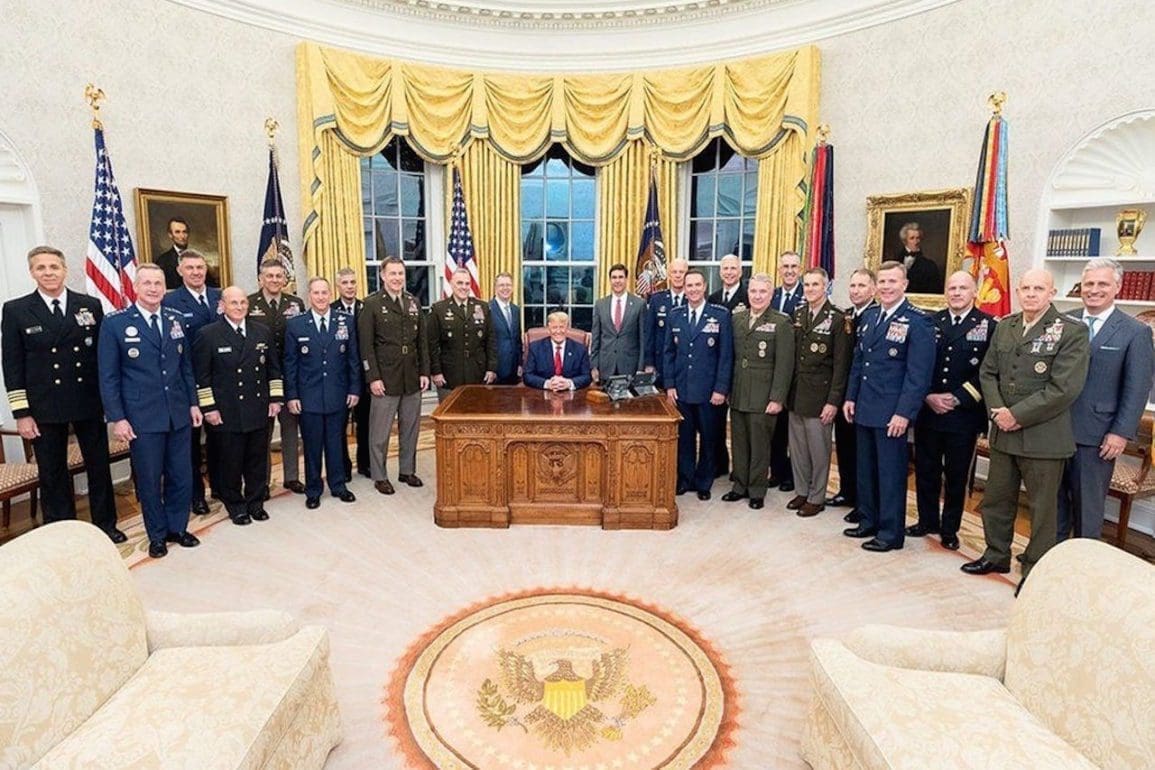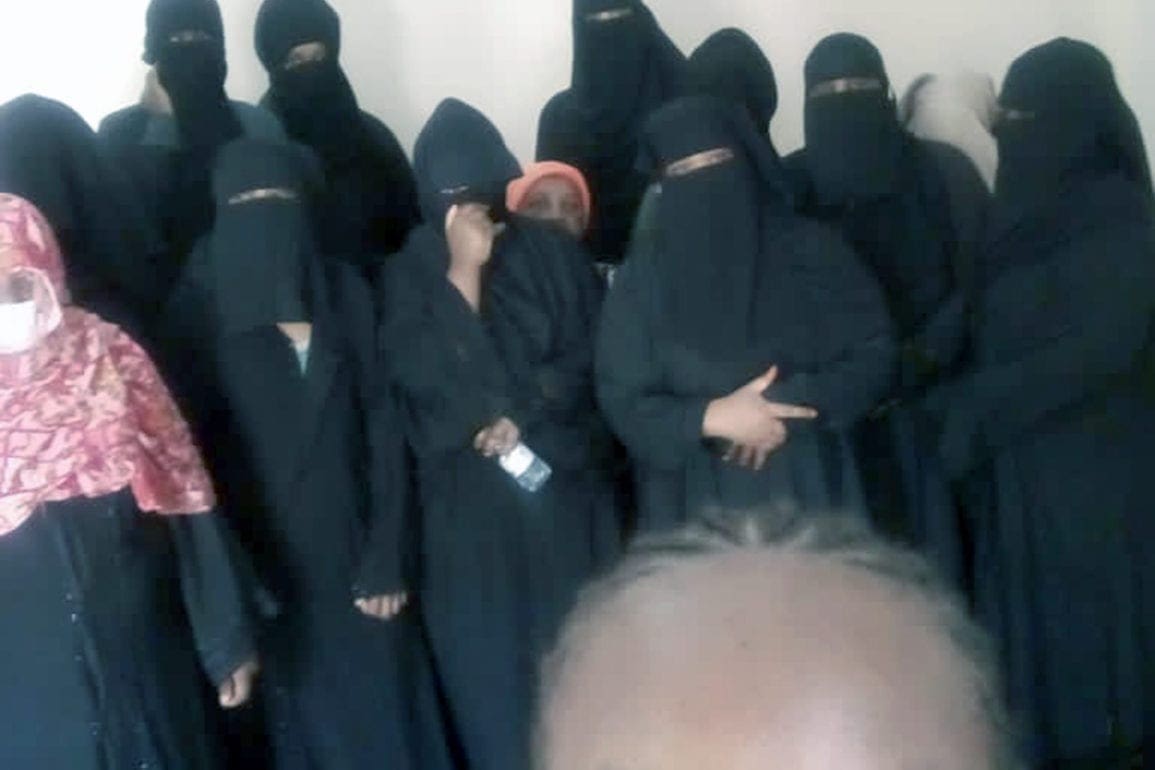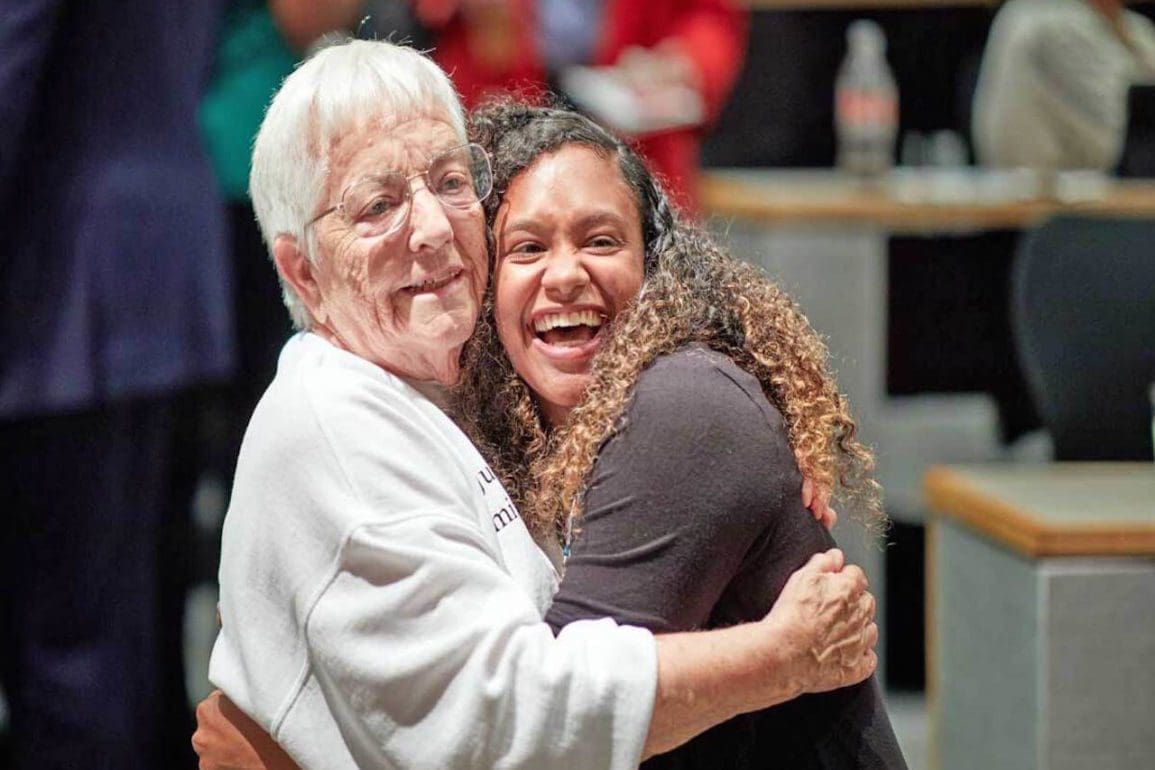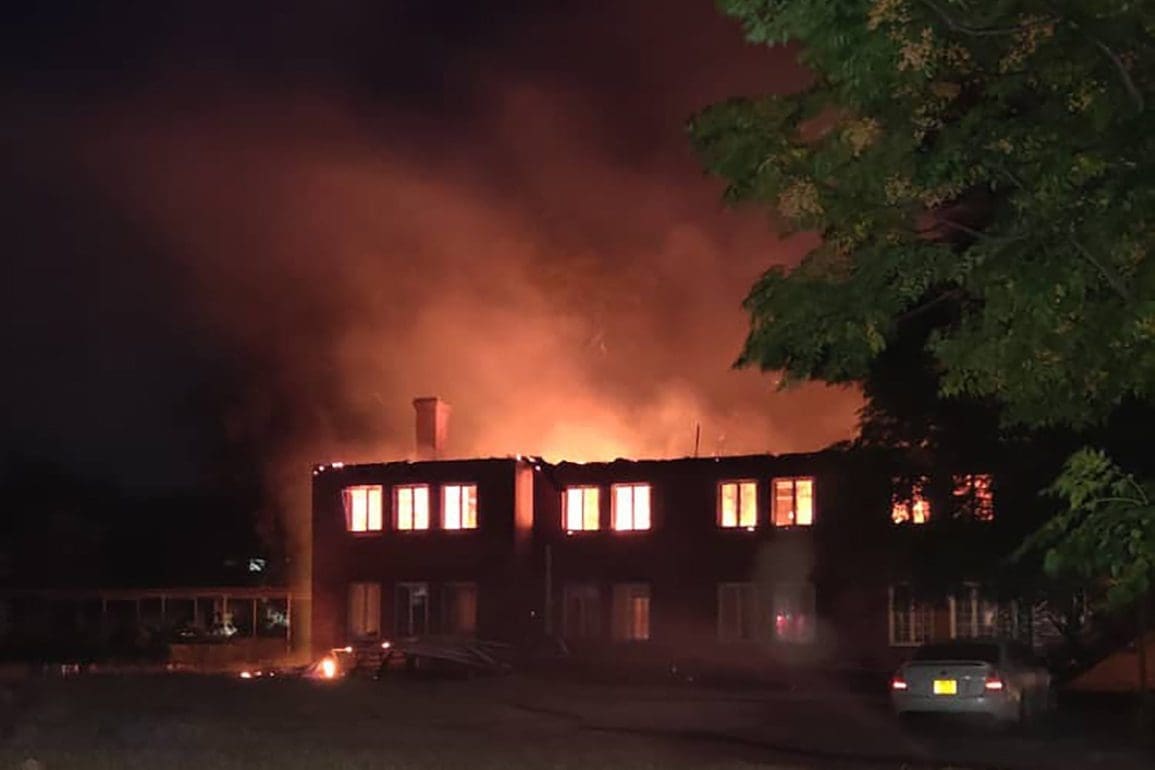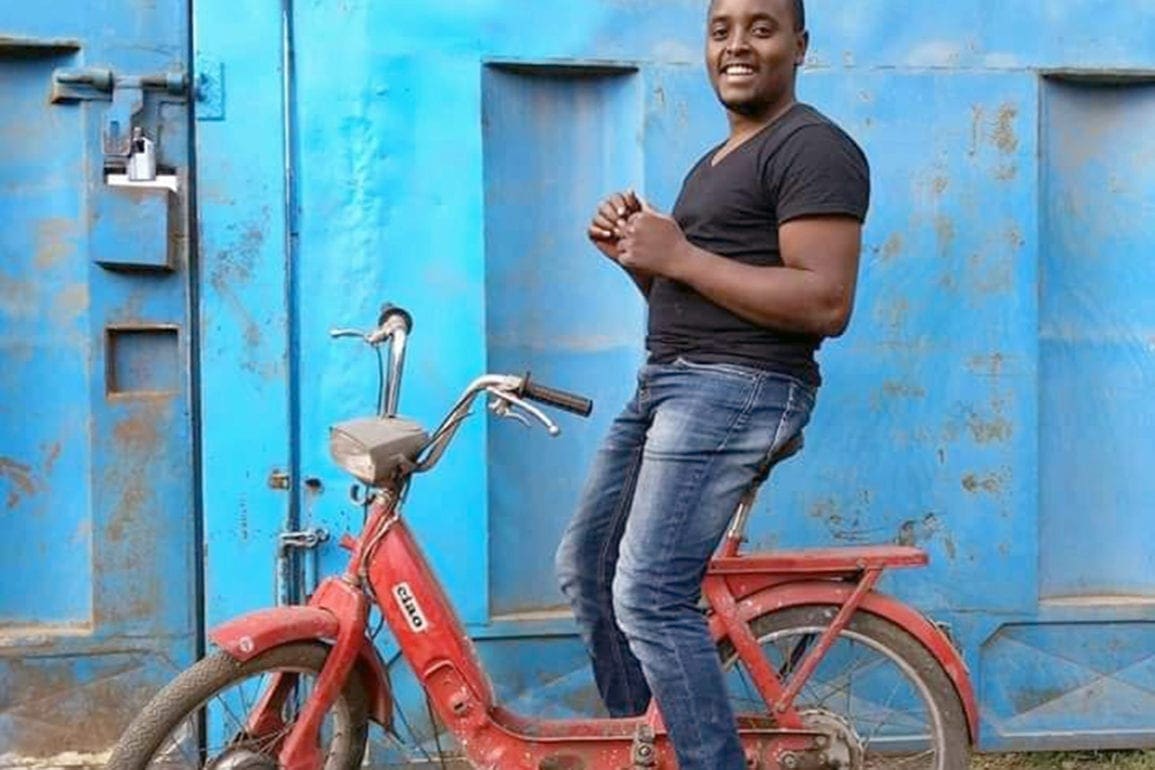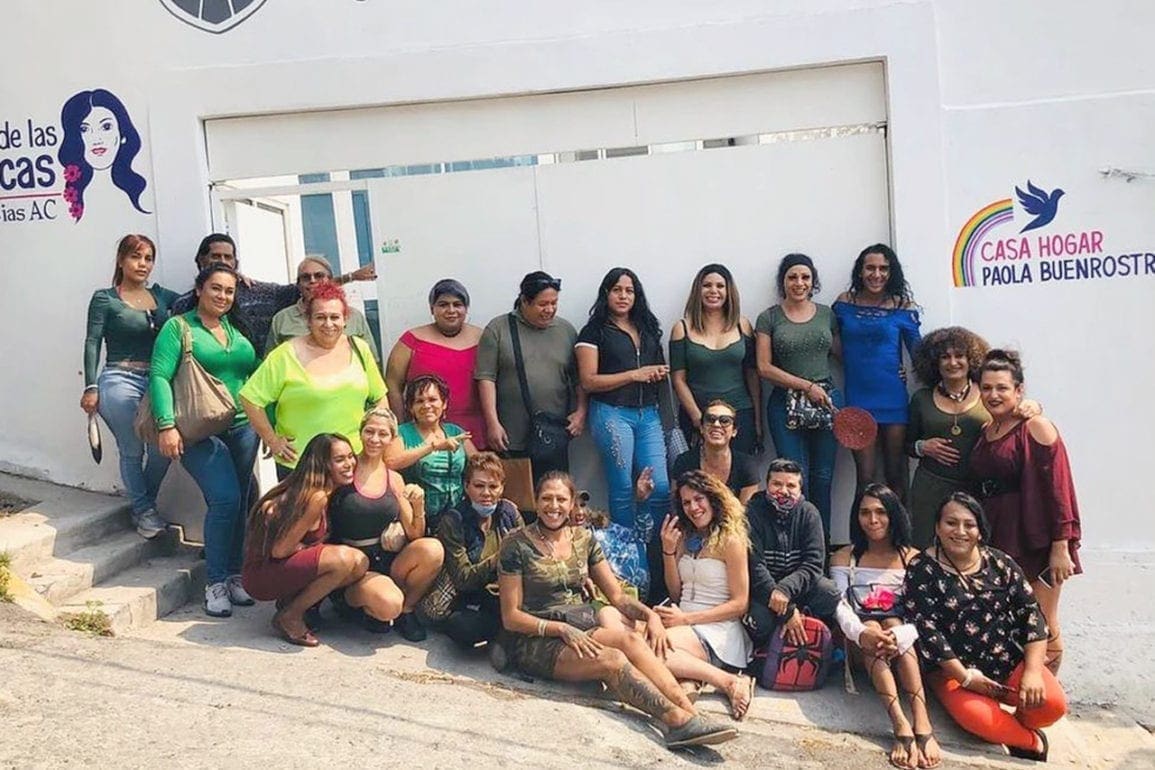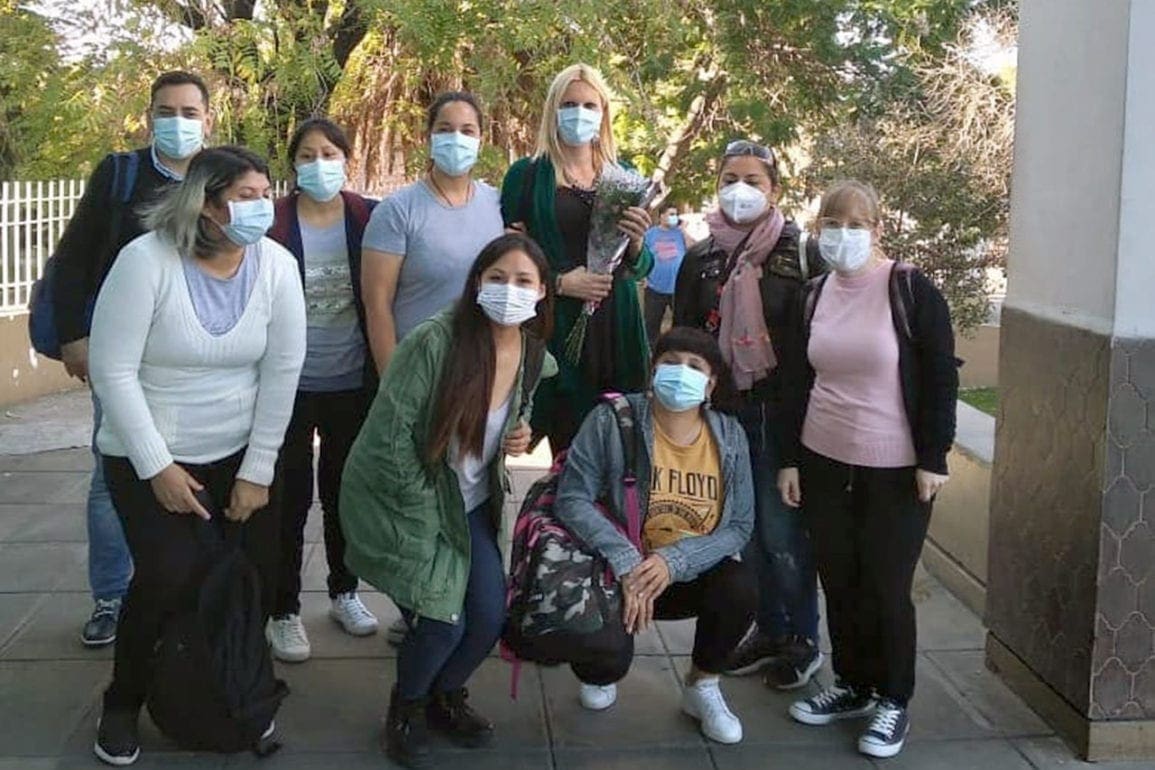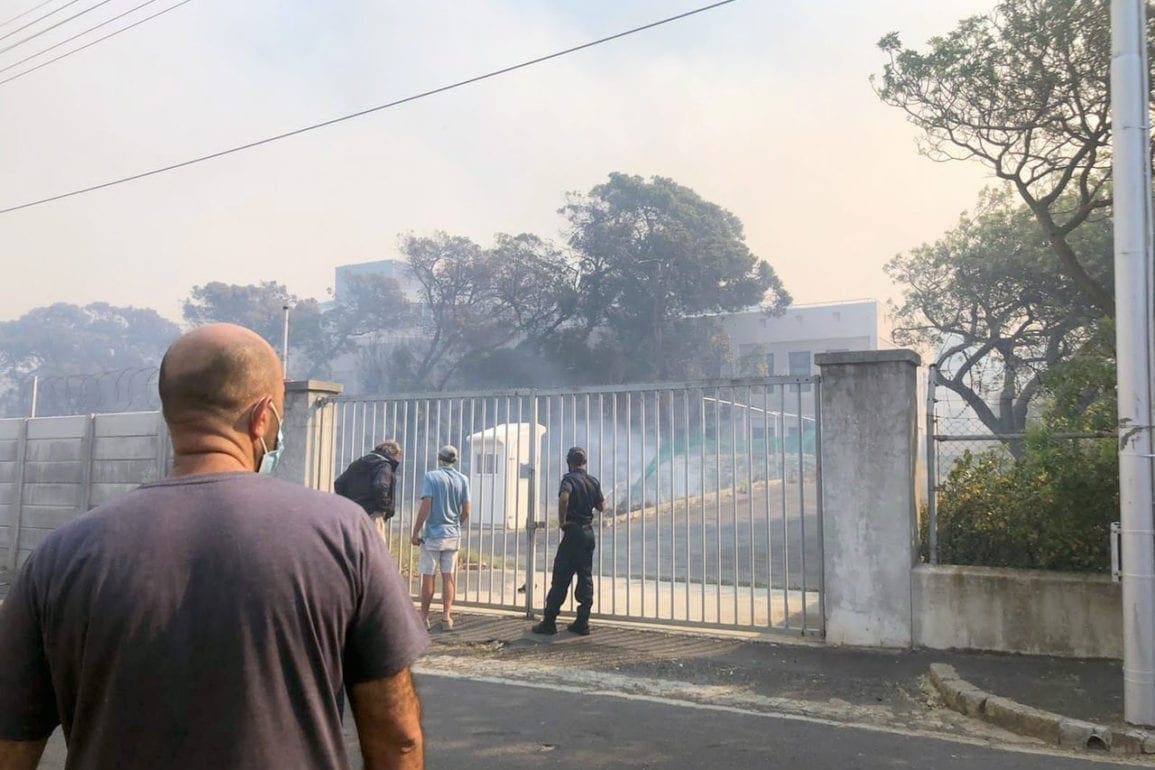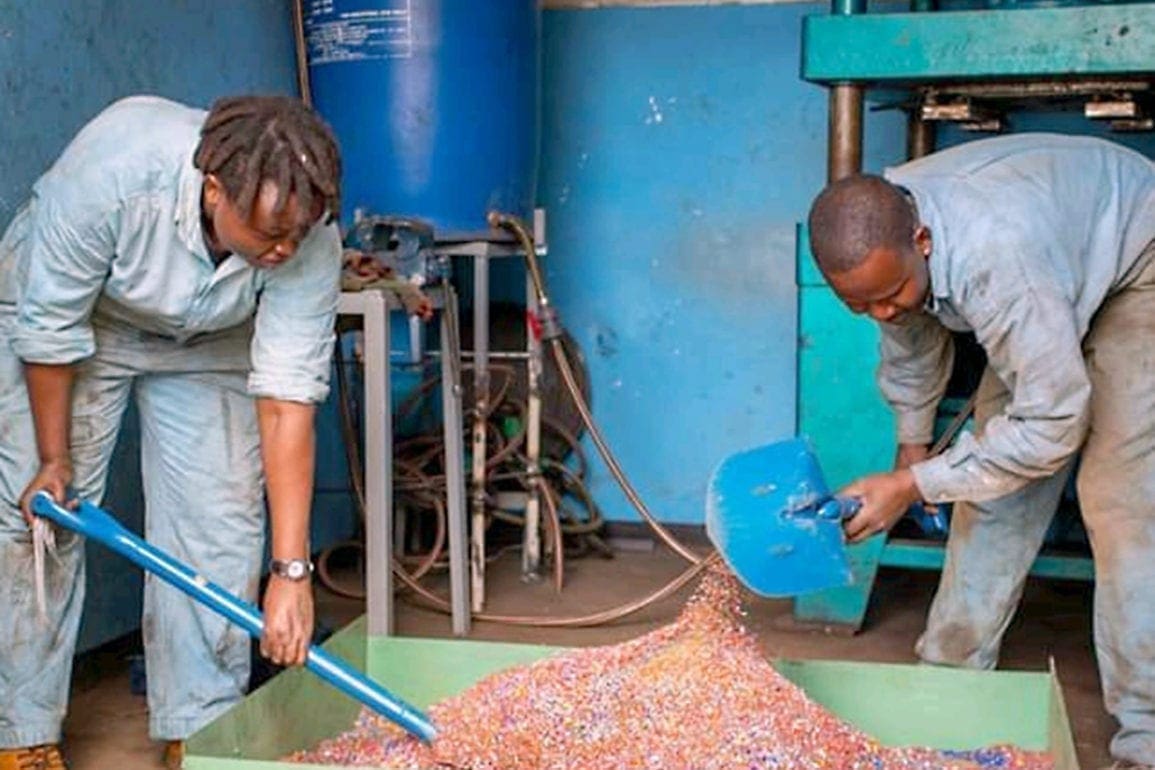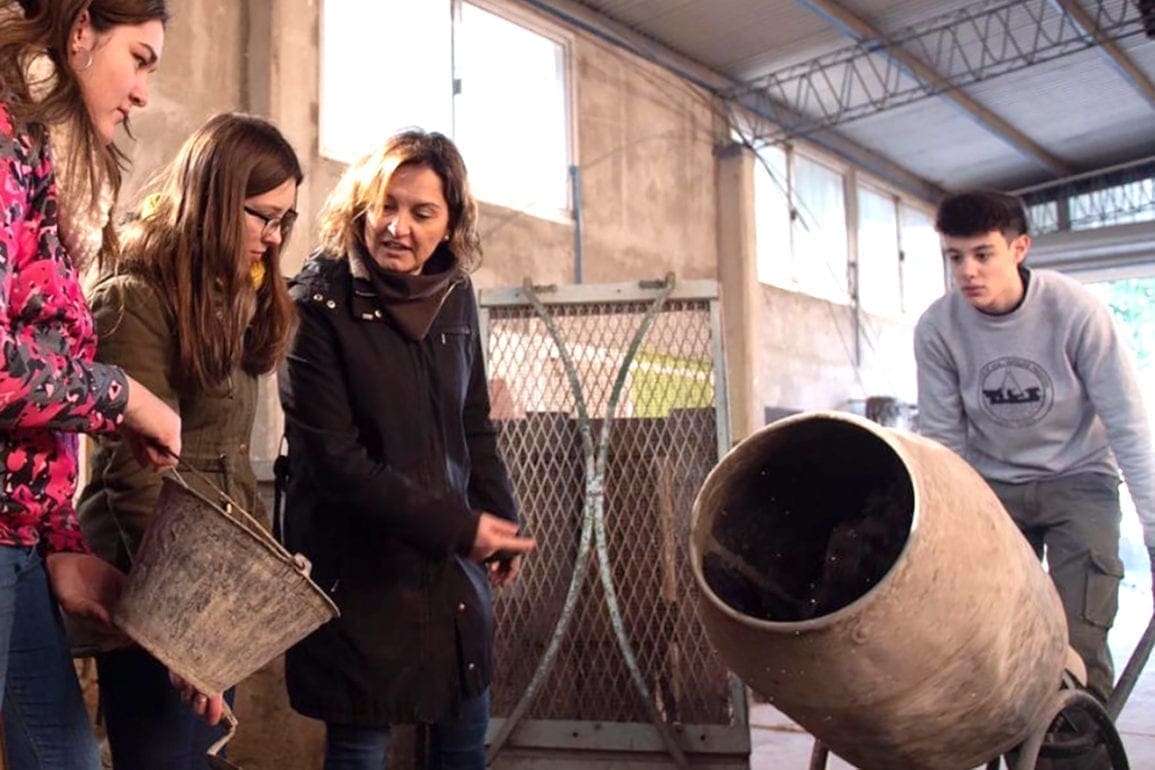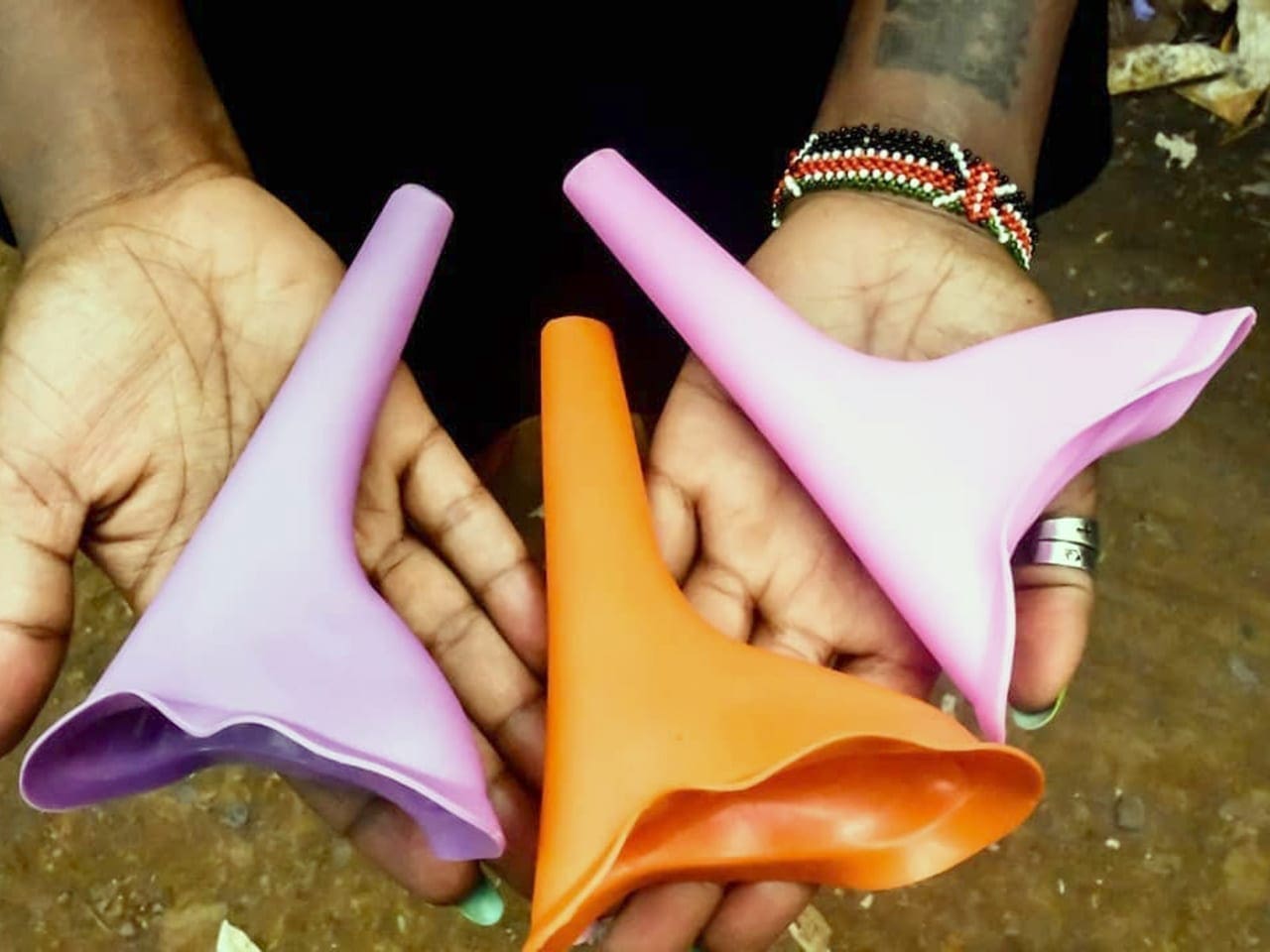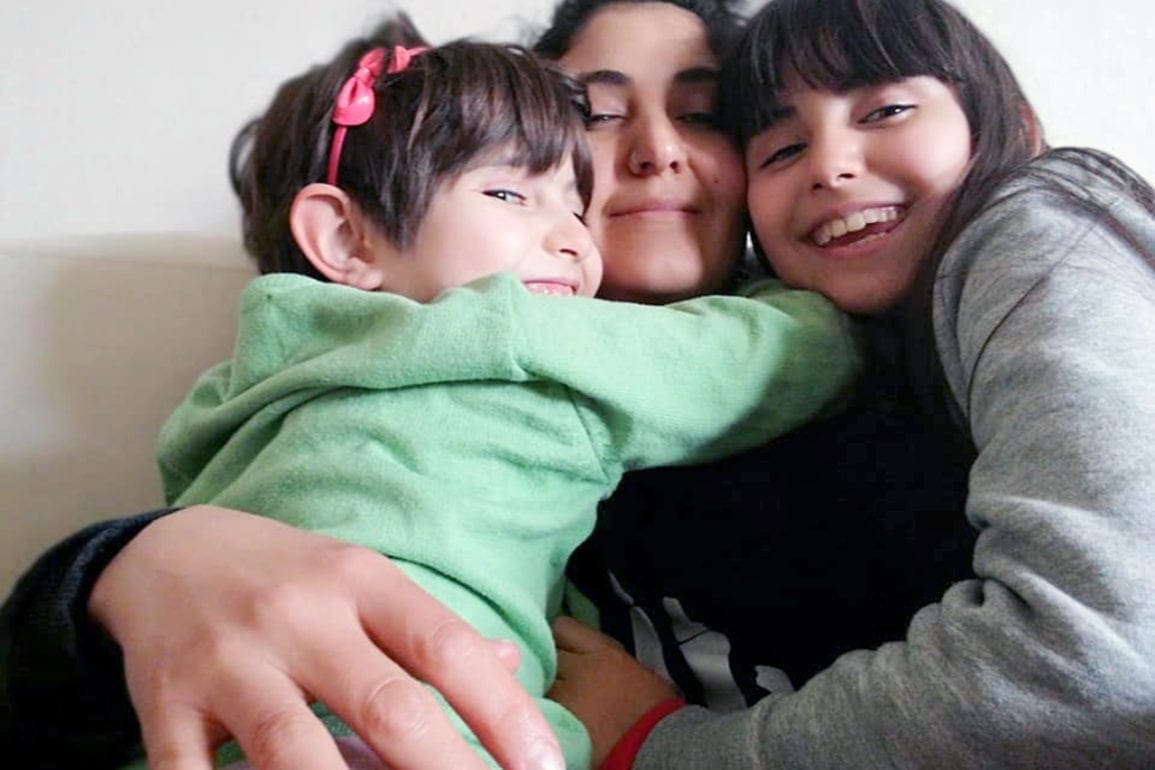Humanity is more connected than ever before, but globalization requires cooperation
Whether covering world conflicts, environmental disasters, the mass movement of populations, or science and technology to solve problems – Orato World Media stands at the forefront of the global human experience. Every day, we have the rare privilege of working with qualified journalists who interview subjects who experience newsworthy events first-hand, from every corner of the globe.
- 1 year ago
October 13, 2024
“Centuries of advances in technology, transportation, and international cooperation have produced a world that is more connected than at any time in history,” reported the Peterson Institute for International Economics. The institute describes globalization as a “growing interdependence of the world’s economies, cultures, and populations, brought about by cross-border trade in goods and services, technology, and flows of investment, people, and information.”
What happens, however, when globalization causes challenges nation by nation? When wars erupt, trade is disrupted, and diseases spread? Typically, pockets of the population push for deglobalization, thinking it solves the problem. Nowhere is this more apparent than in the 2024 presidential election in the U.S. One candidate suggested slapping a 1,000 percent tariff on foreign-imported vehicles, and taking extreme measures aimed at mass deportation of immigrants.
With international wars wreaking havoc globally, experts at the Fall Policy Forum, put on by Standford’s Institute for Economic Policy Research, said the consensus is, we need more global coordination, not less. In practice, they say it takes coalitions. These coalitions must focus on globally beneficial solutions instead of policy enacted as weaponry. In short, stop weaponizing everything – including ideas – which only results in mass harm of everyday citizens.
Globalization is not going away. In fact, it’s growing
The DHL Global Connectedness Index strongly rebuts the notion we are retreating from globalization. Using four million data points, DHL proves the continued expansion of globalization. For example, the Pandemic doubled the growth rate of international internet traffic and it’s not going backwards. Scholarly work with co-authors from different countries boomed. Scientific research with participants collaborating across borders flourished.
Increases in global communication, science, and the exchange of ideas reveal people’s willingness to collaborate. However, powerful nations often lean into isolation and insulation. The report continued, “Major economies such as the European Union, the United States, China, India, and Russia have each embraced distinct approaches to the governance of international data flows, increasing complexity and raising concerns about fragmentation.”
At a time when we, the people, remain inherently connected, we need governments to embrace global cooperation now. Otherwise, the next pandemic, war, or environmental disaster could send us further towards demise and individual negative outcomes. So, what does global cooperation look like? The Cato Institute points out that as goods and services travel the world, they are accompanied by “new ways of thinking,” “new technologies, new products, and new ways of reworking and maintaining human civilization.”
Democracy remains one of those ideas, and it very well may be the most formidable opponent of authoritarianism and human suffering. The institute continues, “It is only now that the prospects for democracy appear to many to be abating. It is no coincidence that this is occurring when the growth of trade is slowing amid a global backlash of protectionism led by an increasingly insular United States.”
The case for global cooperation now
In the The Moral Case for Globalization, we see its tremendous benefits to humanity. “…the freedom to move, trade, accept influences from far away, and incorporate those influences into your experience and identity is central to being human. Every person should be entitled to enjoy the equal presumption of liberty to travel and of liberty to exchange, just as there is a presumption of the liberty to think, speak, and live.”
Whether covering world conflicts, environmental disasters, the mass movement of populations, or science and technology to solve problems – Orato World Media stands at the forefront of the global human experience. Every day, we have the rare privilege of working with qualified journalists who interview subjects who experience newsworthy events first-hand, from every corner of the globe.
Equally important and ethically required, our journalists verify the veracity of each story. This is so you can be confident every published piece is a true reported event experienced by a real person. When a news event breaks, wherever that might be, Orato is there searching for someone who not only witnessed the event but, more importantly, survived it. An Orato journalist interviews that individual in their own domestic language, so we can publish – in English and the subject’s native language – the account of their story.
We call this first-person news reporting. Orato’s content gives people a reliable, trusted source for news, while generating understanding, empathy, and compassion for the people impacted by world events. Day in and day out, our readers’ hearts are moved, and their souls are stirred. Orato’s stories help us open our minds to the truth of our global society, and the impact world issues have on each of us, wherever we reside. We see the intense disparities from nation to nation and this compels us to pursue change.
Solving global issues country by country gets us nowhere. We demand #GlobalCooperationNow!
Imagine if this movement to embrace true stories from real people around the globe gained the same kind of traffic enjoyed by modern-day social media platforms. Imagine if millions of people cared enough to pay attention and engage. Imagine if those people collectively demanded global cooperation from our elected officials in our respective countries. A movement like this could be a powerful beacon, ushering in an era of unprecedented communication, cooperation, and collaboration between nations.
Together, we can demand global cooperation now. Join us today. Sign our #GlobalCooperationNow! petition and make a gift to the Orato World Media Foundation.
The Orato World Media Foundation Inc. is a non-profit corporation incorporated in the state of Delaware, USA in 2021 and certified by the IRS on March 25, 2022, as a tax-exempt entity from federal income tax under Internal Revenue Code (IRC) Section 501(c)(3) that is qualified to receive tax deductible bequests, devises, transfers, or gifts under Section 2055, 2106 or 2522. This corporation’s mandate is to invest in the teaching, training and engagement of professional journalists to learn how to write first-person stories to thereby create a network of correspondents to interview, verify and produce first-person news stories from real people (eyewitnesses, survivors, whistleblowers, first responders, photographers, videographers to name a few) and who’ve been directly impacted by a current and or newsworthy event.
Wherever they may be located and in whatever language they speak, Orato’s journalists and correspondents will represent a community of professional writers dedicated to the task of reporting the news in the words of the interview subject after verifying the facts and collecting the evidence which establishes the veracity of the interview subject’s truthful account.
In addition to the above, this non-profit corporation will be dedicated to the establishment, publication, and production of Orato’s first-person content in as many commonly spoken languages as humanly possible. It will also focus on incorporating complimenting features into their online content which will increase the appeal like audio functionality and entertaining elements such as polls, petitions and puzzles.

